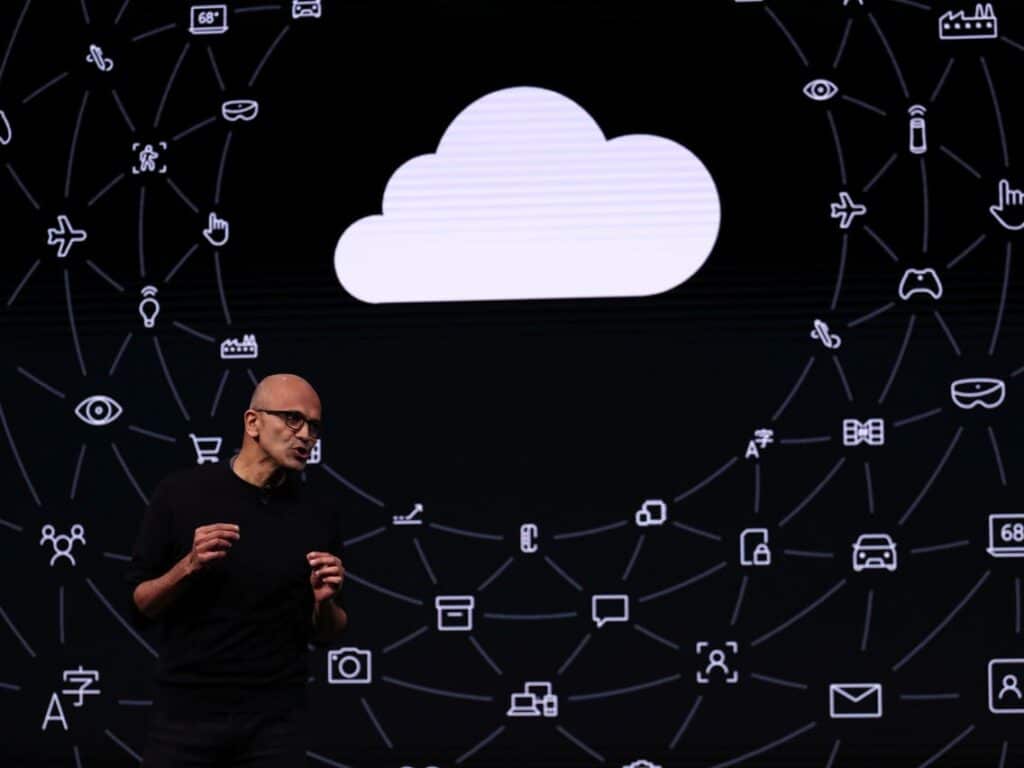
Empathy is not a fad but a matter of survival
Table des matières
What is empathy?
Is it inborn?
What if you don’t have one?
First of all, let me frame the debate, you will hear more and more about empathy, but it is not a new term or a fashion, empathy has always existed and must exist. Empathy is SURVIVAL, the survival of the species, the person, the manager.
Simply put, without empathy, neither you nor I would be here today. Empathy is a characteristic present in some animals, mammals, and it allows for the survival of species, offspring, shelter from predators, courtship activities and the formation of group bonds.
Obviously, the same thing happens to human beings. We are very used to talking about empathy in the private sphere (our friendships, our partner, our family…) but until recently talking about empathy in the professional world was seen as a sign of weakness, of vulnerability, a feminine characteristic too.
Fortunately, in recent years we have begun to talk about empathy in the workplace and we will hear more and more about it.
No Empathy, no promotion
The message I want to convey is simple: without empathy it will become impossible to climb the professional ladder. Microsoft CEO Satya Nadella has built his strategy around empathy and the results are there and are obvious. In relation to politicians, Jacinda Arden is the queen of empathy: she demonstrated this just after the Christchurch bombings and handled the COVID crisis extremely well.
An Empathetic Leader creates:
+ Trust
+ Group cohesion
+ Retention and attraction of talent
+ Discipline
+ Communication
= +++++ Revenue

Empathy is defined as the ability to empathise with another person’s feelings, and this is the definition with which the vast majority of people agree. However, empathy is an extremely beneficial weapon in the workplace. As the famous American author and lecturer Stephen Covey said: A good leader is one who will make his followers understand that they are influencing their leader and not the other way around.
In this article I will focus on two little known but very important aspects of empathy:
The relationship between Empathy and Power:
The further we get professionally, the more our empathy diminishes and the more difficult it is for us to become aware of it.
Power is not an easy friend of empathy, and yet, the higher we go, the more necessary it is to unite our teams around a project, a vision.
Why? For most of us, power makes us very sensitive to special treatment. We start to feel different from the rest of the mortals and from that moment on we lose empathy, first gradually and suddenly we find it difficult to feel what the other is feeling and to put ourselves in the place of the other… We federate less and less and our reputation is affected and as a result our power decreases.
How can we avoid losing empathy when we have power? Ask yourself the following questions:
Do I have someone (a friend, partner, family…) who will always be there to help me keep my feet on the ground?
Do I have a good coach or mentor?
Do I often make decisions on my own?
Do I ask for feedback?
If your answers are mostly negative, you are lacking in empathy and you need to resolve this as soon as possible! The good news is that empathy can be learned!
Empathy can perish from its success
I wanted to mention the other side of the coin of empathy. Jobs that are in direct contact with clients or patients are ‘risky’ professions (doctors, for example, know very well what I mean). Empathy is exhausting! This is the only but not insignificant drawback of the term.
Empathy is not an inexhaustible resource, which means that the more empathy we show at work, the less empathy we will have at home and vice versa. There are several techniques to combat this limitation. For example, recharging oneself by devoting time to one’s own interests or dividing up teams so that no one person is in charge of all the clients and employees at the same time.
The Winners and Losers
In conclusion, empathy is partly innate but we can and should work on it and develop it. The real Leaders of today had a good score in empathy at the time of their development. Some have lost it and this marks the beginning of their gradual professional decline. However, the winners are going to be those who realise the positive impact of empathy in their day-to-day work and who will take good care of themselves and/or rectify themselves when they feel at risk of losing it.
- PART II: Human Relations Category - 14 February 2022
- I PART: 3 CATEGORIES OF HUMAN ABILITIES - 18 January 2022
- 7 REASONS TO TEACH HUMAN ABILITIES TO KIDS - 4 January 2022



No Comments